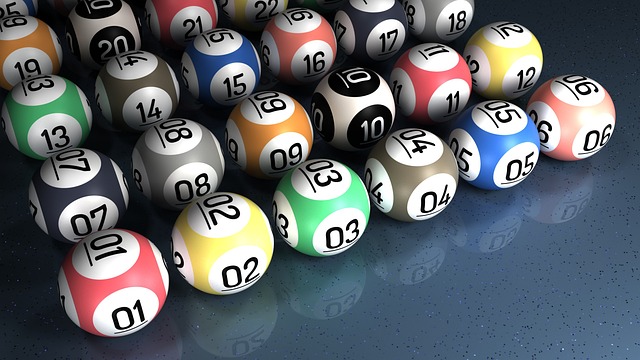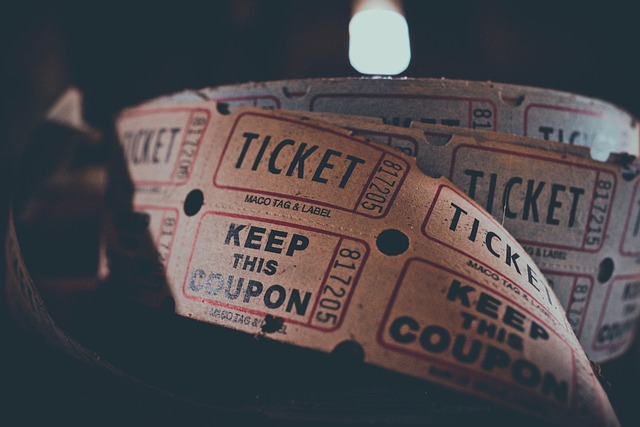Every year, millions of people purchase tickets for the lottery, chasing the dream of a life-changing jackpot. While the excitement of the lottery draw is undeniable, many gamblers wonder if there are strategies that can increase their chances of winning. The reality is that a lottery draw is a game of pure probability, but certain practices can help you play smarter, manage expectations, and make the most of the experience.
1. The Mechanics of a Lottery Drawing
A typical lottery draw involves a random selection of numbers from a predefined pool. For example, a 6/49 draw chooses six winning numbers from a range of 1 to 49, with no repeats. The process is designed to be completely random, often using mechanical ball machines or computer algorithms that meet stringent fairness standards. Because every combination has an equal chance of appearing, the odds of winning the jackpot are astronomically low, but smaller prizes are more attainable.
2. Probability Basics – What Does “Winning” Really Mean?
Understanding probability is the first step to mastering the lottery draw. In a 6/49 draw, the odds of matching all six numbers are roughly 1 in 13,983,816. The odds of matching five numbers plus the bonus ball drop to about 1 in 2,330,636. While these figures are discouraging, the key is to recognize that the lottery drawing is governed by simple math, and no amount of skill can change those odds.
- Probability of matching 6 numbers: 1 in 13,983,816
- Probability of matching 5 + bonus: 1 in 2,330,636
- Probability of matching 5 numbers: 1 in 55,491
- Probability of matching 4 numbers: 1 in 1,032
- Probability of matching 3 numbers: 1 in 57
3. Number Selection Strategies
While you cannot influence the outcome of a lottery drawing, you can choose how you pick your numbers. Two broad approaches are often discussed: random selection and pattern-based selection.
3.1 Random vs. Pattern
Using a quick pick or a random number generator ensures you’re not following any predictable pattern. This approach reduces the chance of sharing a prize with other players if you win, because most people use familiar sequences (e.g., birthdays or anniversaries) that limit the number range.
3.2 Hot and Cold Numbers
Many gamblers track the frequency of past winning numbers, labeling them as hot (frequently drawn) or cold (rarely drawn). Some believe that hot numbers are “due” to appear again, while others think cold numbers might be overdue. Historically, each draw is independent, so past frequency has no statistical influence on future outcomes. Still, if you prefer a methodical approach, you might choose a balanced mix of hot and cold numbers to diversify your entries.
4. The Power of Group Play and Syndicates
Playing as part of a syndicate can significantly increase your exposure to winning combinations without a proportional rise in cost. By pooling resources, you can purchase more tickets and cover a broader range of number sets. The trade‑off is that any winnings are shared among the members, but the probability of hitting at least one prize rises dramatically.
“A single ticket may bring a grand prize, but a syndicate can bring a series of smaller wins that accumulate over time.” – Anonymous Gambler
5. Managing Your Bankroll and Setting Realistic Goals
Gamblers often overlook the importance of budgeting before they sit down at the counter. Treat the lottery as entertainment rather than a guaranteed investment. Decide on a monthly or annual budget that you can comfortably afford to lose. Stick to this amount and avoid chasing losses. Setting realistic expectations helps maintain a healthy perspective on the lottery draw.
- Determine a fixed budget for lottery tickets.
- Track your spendings in a simple ledger.
- Reassess the budget at the end of each period.
- Avoid increasing stakes after a loss.
- Consider using a small portion of any winnings for future play.
6. Psychological Factors – Staying Rational in the Face of Chance
It’s easy to fall into the illusion that you’re “due” for a win. Cognitive biases such as the gambler’s fallacy can distort your perception of probability. Staying mentally disciplined requires acknowledging that each lottery drawing is independent, and previous outcomes have no bearing on future ones. Mindful play involves accepting losses as part of the game and enjoying the process without undue obsession.
7. Practical Checklist Before You Buy
Before you head to the ticket booth or log into an online portal, run through this quick checklist to ensure you’re playing responsibly and strategically.
- Have you stayed within your budget?
- Did you choose a balanced number set?
- Are you part of a syndicate (if you prefer that route)?
- Did you keep your ticket in a safe place until the draw?
- Have you noted the drawing schedule to avoid missing a play?
Conclusion
The lottery draw remains one of the most thrilling yet unpredictable forms of gambling. While no strategy can alter the inherent odds, playing smart—by choosing numbers thoughtfully, managing your bankroll, and staying psychologically grounded—allows you to enjoy the experience with a clearer sense of control. Remember that the allure of the jackpot is part of the entertainment; the real mastery comes from understanding the mathematics, respecting your limits, and treating every ticket as a chance to participate in the shared adventure that is the lottery drawing.




